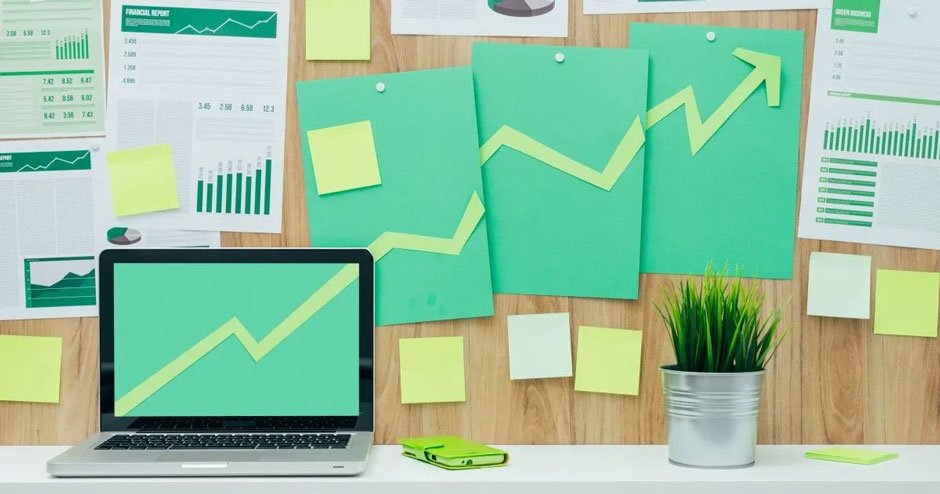
Living in modern society is a tale of living expensively. While it’s easy to construe this statement in the context of rising household costs across the United States, it isn’t the whole story; there are costs that we don’t see, which could well spell the end of modern society as we know it.
Put simply, everything we do today has an unseen environmental cost – even our online activity, which is often the most invasively-prevalent part of everyday life. Every email, video, and app notification consumes energy through servers and data centers, to say nothing of the water consumed by LLM algorithms and chatbot platforms. It would be ludicrous to suggest that we swear off digital activity altogether, so what realistic steps can we take to shrink our online footprint?
Cut Back on Data-Heavy Habits
A good place to start would be to reckon with your data usage. How often do you insist on high-definition streams of legacy content incapable of actually being HD? Sometimes lossy compression can be a good thing; watch those old Daria episodes in standard definition, and save some water in the process. Similarly, you could use downloaded music for your listening experience instead of streaming, in order to prevent the unnecessary deliverance of data via internet.
Speaking of files you own, how many do you need to hold in cloud storage? Cloud backups are standard with modern operating systems, but they don’t need to be. Clearing out unused cloud storage is another one of those small choices that can help reduce the high energy demand placed on servers.
Declutter Your Digital Space
Indeed, a complete digital declutter could be just the detox you need for a better flow on your devices, as well as for some eco-friendly energy-saving benefits. Data stored on a hard drive does not inherently eat energy, but the various processes by which it is found, saved, edited and moved do. Plus, bloated devices full-to-brim are often slower to operate, resulting in more energy usage over time. A decluttered computer, meanwhile, will run quick as anything.
Protect Your Privacy Sustainably
Protecting your privacy online is a non-negotiable thing. The amount of energy used in such protection is, though. Using a VPN can be a great way to reduce the amount of demand your browsing places on data centers, by limiting trackers and ads your computer needs to download. Here, a VPN is a win-win; you get better privacy and a leaner, less cluttered browsing experience.
Choose Greener Tools
As a final touch, there are some actively green choices you can make in using your devices – chief amongst which, perhaps, is the eschewal of standard search engines in favor of eco-conscious alternatives like Ecosia. You could also reject energy-intensive cloud providers, looking instead to providers that power their servers with renewable energy.
